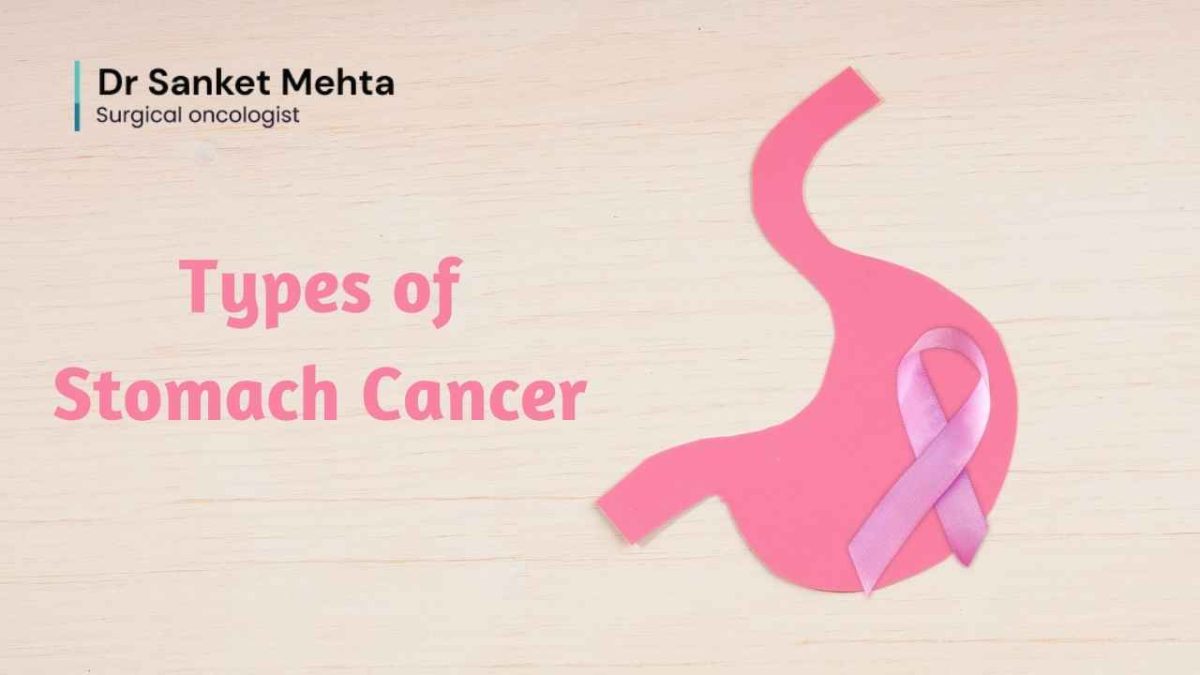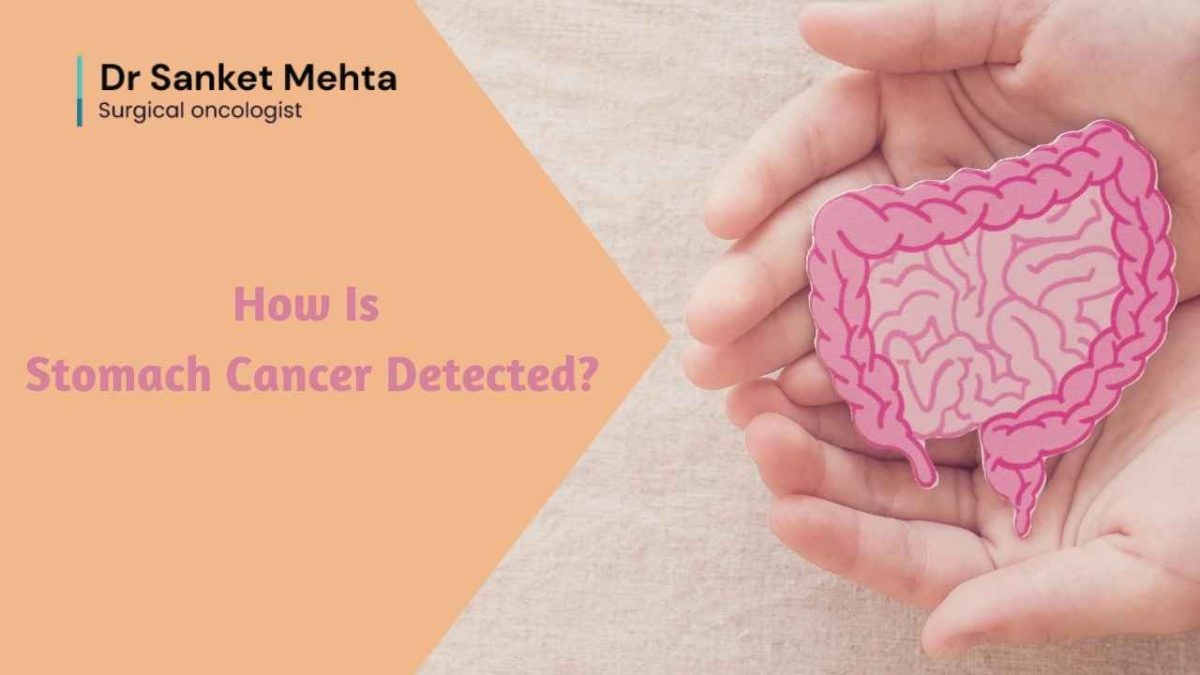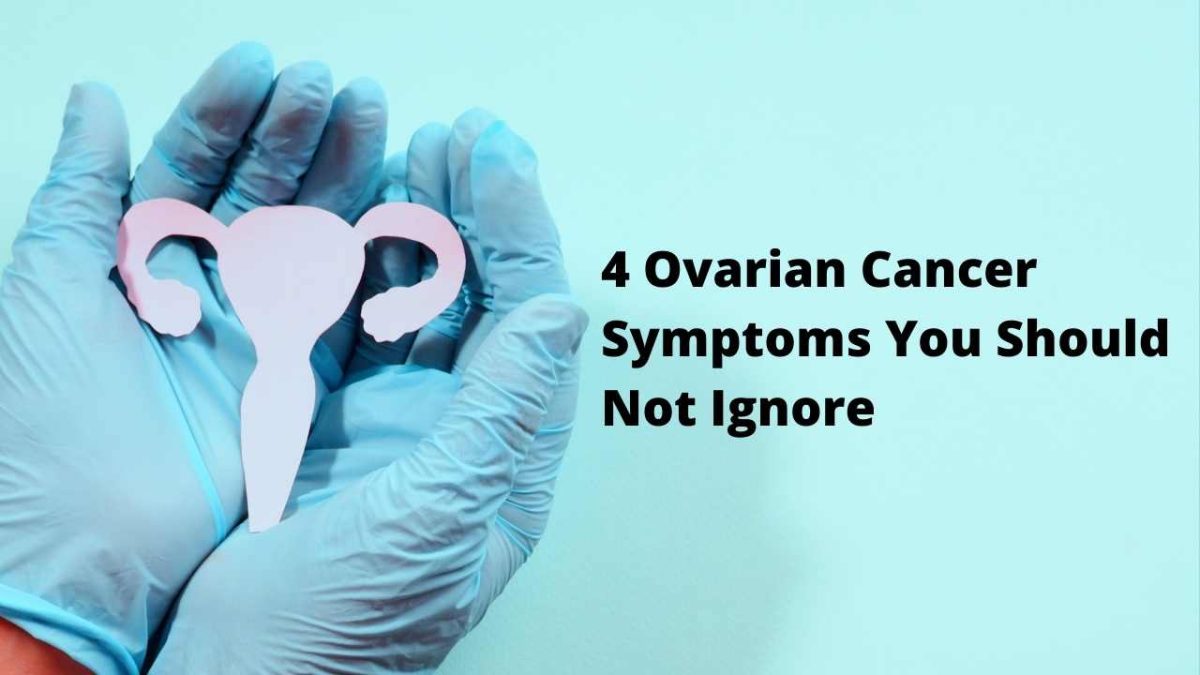What Is Colon Cancer Surgery Cost In India?
Overview
The colon or rectum is defined as the final part of the digestive tract. Colon cancer is also considered colorectal cancer. When the cells in the colon become abnormal and grow out of control, it leads to colon cancer.
The symptoms, treatment and outlook for colon cancer depend on the stage of this disease and when it is first diagnosed. Colon cancer mostly occurs when the growth form on the inner lining of the colon or rectum.
In the present era, colon cancer can be controlled through surgery, radiotherapy, and some drug treatments. According to a study, the AAR rate for colon cancer in men is 4.1 in 100000 and 3.9 in 100000 in women in the Indian subcontinent.
What is Colon cancer?
A type of cancer that begins in the large intestine when the mutations occur in the cell DNA of the colon is known as colon cancer. The cell DNA in the colon starts to grow abnormally and continues to divide, and the cells accumulate together to form a tumour and become cancerous.
These cancerous cells grow rapidly and destroy normal tissues and create obstacles to the body’s normal functioning. According to the research, colon cancer develops when tumours grow abnormally in the large intestine.
What causes colon cancer?
Generally, the body cells grow and divide and help in healthy functioning. But when this process goes out of control, and the cells start to grow abnormally and continue to divide, that leads to colon cancer. The Cancer cells ultimately develop When the cells lining the colon and rectum multiply uncontrolled.
Most colorectal or colon cancer starts to develop from small precancerous polyps that grow slowly, and when they become larger, they show the symptoms of cancer.
Based on the research, certain risk factors are related to the disease, like diet, tobacco smoking, heavy alcohol use, and hereditary cancer syndromes work as high-risk factors for this disease.
What are the symptoms of colon cancer?
In most cases, Colon cancer does not show any symptoms in the earlier stage. When the disease becomes larger, the symptoms will be noticeable. But in some cases, the following symptoms can be noticed in the earlier stage.
- Fatigue and weakness
- Nausea and vomiting
- Abdominal pain and cramping
- Loss of appetite
- The frequent feeling of bowel movement
- Anaemia due to intestinal bleeding
- Unexpected weight loss
Some colorectal cancer does not show any symptoms; we should focus on regular screening of the colon through colonoscopy. But if you have some common signs, we will see that indicate colon cancer.
Bowel habits: As symptoms of colon cancer, we will see some changes in bowel habits such as constipation, diarrhoea, narrowing of stools and incomplete evacuation etc.
Blood o or in the stool: This is the most significant sign is blood in or on your stool. However, bleeding in stool does not always mean colon cancer because some other disease symptoms also cause bleeding.
Unexplained Anaemia: Anaemia, a shortage of Red blood cells, is a symptom of colon cancer. Because of Anaemic, you also face breathing shortage problems which lead to tiredness, sluggishness and you will not feel better after rest. All these are the significant symptoms of colon cancer.
Colon cancer treatment options in India
The treatment of colon cancer in India depends on factors such as which part of the colon is affected or how much cancer spreads. Usually, the primary stage of cancer can be treated through colon surgery, but if it spreads widely, then you have to apply various modern colon cancer treatments that are as follows.
1. Surgery:
This is the primary stage of the treatment process and depends on how early the cancer is detected. Through surgery, doctors remove cancer-affected parts of the colon, but a difficult surgery approach is needed in major conditions.
2. Chemotherapy:
Some drugs are used to treat colon cancer through this process. Mainly chemotherapy is suggested after surgery when it can have spread to the lymph, and it is used to shrink the size of the tumour.
3. Radiation therapy:
X-rays and proton beams are used to destroy cancer cells. This method is applied before surgery to reduce the growth of cancerous cells.
4. Immunotherapy:
Some medical drugs are used to increase the immunity to combat cancer. Immunotherapy disrupts cancer cells’ work process that prevents the cells of the immune system from recognizing the cancer cells.
5. Targeted drug therapy
is used to die cancer cells by blocking unique abnormalities.
Surgery for colon cancer in India?
Through surgery, doctors mainly remove cancer affected parts of the colon. These are as follows.
1. Endoscopic mucosal resection:
This is a technique of colonoscopy in which special tools are used to remove the bigger polyps and a small amount of the colon’s inner lining.
2. Robotic surgery: In this method, colon resection, rectal resection, and rectopexy with improved 3D visualization are included to combat cancer.
3. Polypectomy: If the cancer is small and fully contained within a polyp and can be completely removed by colonoscopy.
4. Bowel diversion surgery: when the large intestine is removed, this method enables to leave the stool safely. Bowel diversion surgery diverts the intestine to where a stoma is made.
Read Also – How Fast Does Stomach Cancer Spread
What is colon cancer treatment cost in India?
Colon cancer treatment costs in India start from 2.5-4.2 lacs. It usually affects old age people but also can occur at any age. But the variation in treatment costs depends on the types of the treatment process and the intensity of the disease.
| Chemotherapy | 84,000-1,12000 |
| Colonoscopy | 1,40000-1,75000 |
| radiation therapy | 1,68000-4,50000 |
| Targated therapy | 2,1000-2,80000 |
| Immuno therapy | 5,60000-6,65000 |
| Surgery | 4,20000-7,00,000 |
The success rate of colon cancer treatment in India
With modern technology, tumour board, multimodality treatment and advanced skilled doctors, the success rate of survival in India is appreciable. Based on the 5 years survival rate in India is about 80-95%, especially in the initial stages.
Chemotherapy increases the survival rates in critical stages. The best oncologists and colon specialists work hard to increase the survival rates to reduce the effects of colon cancer.









